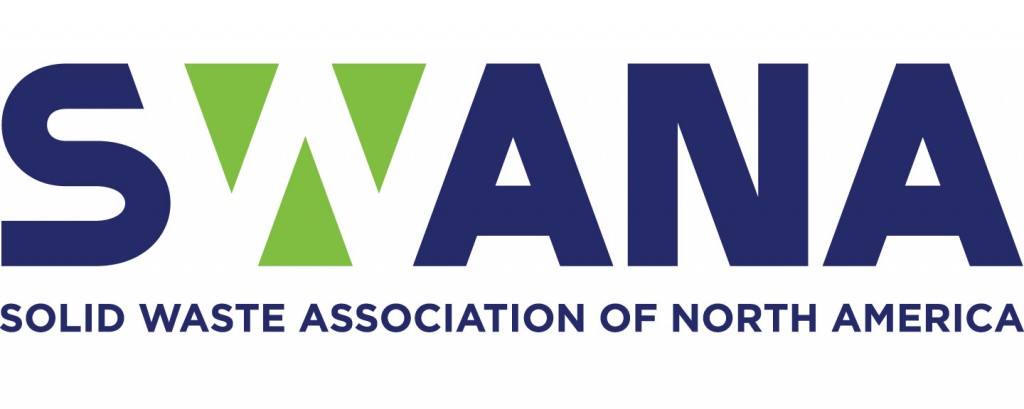
As more attention focuses on the proliferation of single-use plastics and discarded plastics in oceans and waterways, solid waste managers are under increasing pressure to implement solutions that not only properly manage these discards, but also recover their energy value during the process.
The Solid Waste Association of North America's (SWANA) Applied Research Foundation (ARF) recently conducted important research on energy recovery options for non-marketable plastic recyclables, as well as plastics that are not typically targeted for recycling. The resulting report, Energy Recovery Options for Non-Recycled Plastic Discards, reviews three system options that are available to solid waste managers for the recovery of energy from non-recycled waste plastics, including Plastics-to-Fuels (PTF) Systems, Non-Waste Fuel (NWF) Systems, and Waste-to-Energy (WTE) Systems.
"SWANA continues to be at the forefront of identifying solutions to challenging solid waste issues, and this important new report provides useful information and data to solid waste managers and their communities," stated David Biderman, SWANA Executive Director and CEO. "We need to develop new markets for discarded plastics, as new restrictions on the trans-boundary movement of these materials take effect in January 2021."
The PTF option targets non-recycled plastics in discarded containers and packaging. This portion of the recycling stream represents 29 percent of the plastics in MSW and 4 percent of MSW generated. The WTE and NWF options target plastics in durable and non-durable goods discarded as municipal solid waste (MSW). These plastics constitute 47 percent of the plastics in MSW and represent about 6 percent of MSW generated.
"We appreciate the support and involvement of our Waste Conversion and Energy Recovery Group subscribers who submitted and voted for this important research topic and provided funding support for the research effort," said Jeremy O'Brien, SWANA's Director of Applied Research.



